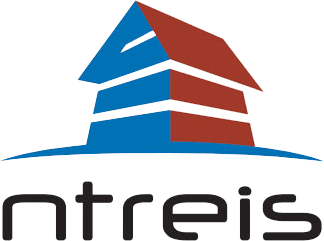In last week’s post, I shared a few of the life lessons real estate has taught me over the years; things like patience, empathy, and letting go of what you can’t control.
This week, I want to shift gears and talk about something more practical, but still deeply connected to people: earnest money, and how the questions clients ask (or don’t ask) can reveal a lot about their mindset, their comfort level, and sometimes even their profession.
Some clients want to know every possible detail before moving forward. They want to know what could go wrong, what protections are in place, what happens in each scenario, and what their options are at every step. For them, peace of mind comes from information. They’re wired to feel most comfortable when they can predict, plan, and prepare. These clients often come from analytical or technical backgrounds like engineering, accounting, or law, and being thorough isn’t just a habit, it’s a value.
On the other end of the spectrum are clients who lead more with emotion or intuition. They might fall in love with a house and just want to know what it takes to make it theirs. They trust the process, but they also trust you. They aren’t asking about appraisal contingencies or financing timelines right away not because they’re careless, but because they’re focused on the feeling of the home and the excitement of the moment.
And then, of course, there’s everyone in between. People who don’t dive into every detail up front, but will start asking questions as they get deeper into the process. People who shift between their head and their heart, who want to be practical, but also need emotional reassurance.
Take earnest money, for example.
Not everyone brings it up, but certain clients will ask early on: “If I back out, will I lose it?” It’s a smart question, and the answer depends on when and why you back out.
And then there are the surprises. I once had a buyer who, after going under contract, responded with complete sincerity when I reminded him that earnest money was due in three business days (as always, per the contract).
“Oh,” he said. “Yeah, I’m not paying that. I need that money for my loan.”
I paused. Explained. Re-explained. And when he still didn’t see the issue, I had to gently say, “That’s… not how this works.”
It all worked out in the end, but moments like that remind me how differently people approach this process, and how much guidance really matters.
There are several situations where a buyer can walk away and get their earnest money back. Three of the most common are:
During the Option Period, you can terminate for any reason within this window.
If the home doesn’t appraise, and the seller won’t renegotiate.
If your loan is denied, despite taking the proper steps to get approved.
These aren’t the only scenarios, but they’re the ones seen most often.
In the ten years I’ve worked in real estate, I’ve seen all kinds of clients and situations, but I’ve never had a client lose their earnest money. That’s something I take pride in. I make sure my clients understand their timelines, contingencies, and options from day one, so they’re always protected.
Final Thoughts
What real estate has taught me is that the process isn’t just about paperwork or property. It’s about people; their questions, their comfort levels, and the way they see the world. And no matter what their background is, my job is to meet them where they are.
Thanks for reading, and as always, You Gotta Have Faith



